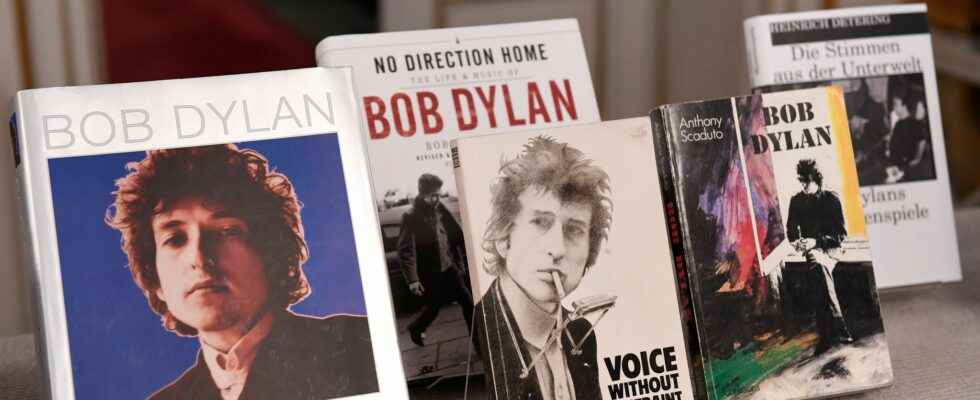Frankly, British and American writers have morals that are beyond us, sometimes. Their conception of dedication remains foreign to our literary milieu. It is generally agreed that this ritual, as personal as it is gratuitous, takes place on the occasion of a meeting between the author and the reader and that it concludes an exchange; however brief and superficial it is, at least it is human. But it rubs shoulders with another unusual one for us: the signed books. In other words, copies of their new book on the cover page of which they simply affix their handwritten signature that booksellers therefore sell for more. And as this type of book has aroused the vocations of collectors, they are subsequently found at even higher prices in the catalogs of bibliophile experts.
I remember once having had the privilege of spending a day with John Le Carré at his home in London to paint his portrait. Before the actual interview, as we were having an unbridled conversation in the living room, he had piles of his novel brought to him. A Perfect Spy fresh off the presses and apologized: “I owe that to my publisher and the booksellers: just my signature in my hand… But since this kind of pointless work requires no concentration, we can continue to talk!”. I was thinking about it these days when the scandal that recently rocked the American edition was discovered: the revelation by fans that the signed books of The Philosophy of Modern Song (The Philosophy of Modern Songin all simplicity), the long-awaited new book since its Chronicles (2004) by 81-year-old singer-songwriter Bob Dylan all bore the exact same signature. All they had to do was compare them from one volume to another.
However, such a similarity cannot come from the hand of man but from mechanical reproduction thanks to a autopen, as we call an autograph machine. Commonly used, in particular to sign documents and contracts sent by e-mail, it certainly has a legal value but less on a poetic level. Its publisher Simon & Schuster had nevertheless put 900 copies of this unique and limited edition on the market at a price of 599 dollars each; its site specified that it was an “Exclusive Edition signed by Bob Dylan”, accompanied by a certificate of authentication signed by the president of the company (but on the forums people are already wondering if this label is really her hand…).
People don’t like being teased
After a few days, when copies were already offered for 6,000 dollars on eBay, the culprit nevertheless made an act of contrition: he expressed his regrets, presented a public apology and pleaded “an error of judgment” on his Facebook account. He even invoked bouts of vertigo that have dogged him since the pandemic, and the difficulties of travel due to confinement, all of which would have prevented him from sacrificing to this commercial ritual like any other writer who consents to it. “I have been assured that the process of‘autopen was common in the literary world, so I accepted”, he discarded.
Likely to be prosecuted for false advertising, the publisher immediately made amends, reimbursed the cheated readers while allowing them to keep the book. Basically, Bob Dylan acted with his readers with the same casualness as he did with the Swedish Academy in 2016. He had snubbed it to the point of not taking his secretary general on the phone when the latter wanted to tell him the news of his Nobel Prize for Literature; he hadn’t bothered to give them a speech of thanks; and he had waited six months, five days before the deadline, to do so in a small committee, a sine qua non condition to receive his check (the equivalent of 840,000 euros) in Stockholm.
The scandal ofautopen, however trivial it may seem to us, is based on a moral question. People don’t like being teased. And even more readers when their writers are the cause, generally in cases of plagiarism, inauthentic memoirs, books written by others. Because by reading them they elect them; a special bond has been established between them; trust is part of the “reading pact” and it cannot be betrayed with impunity. But is Bob Dylan a writer?
